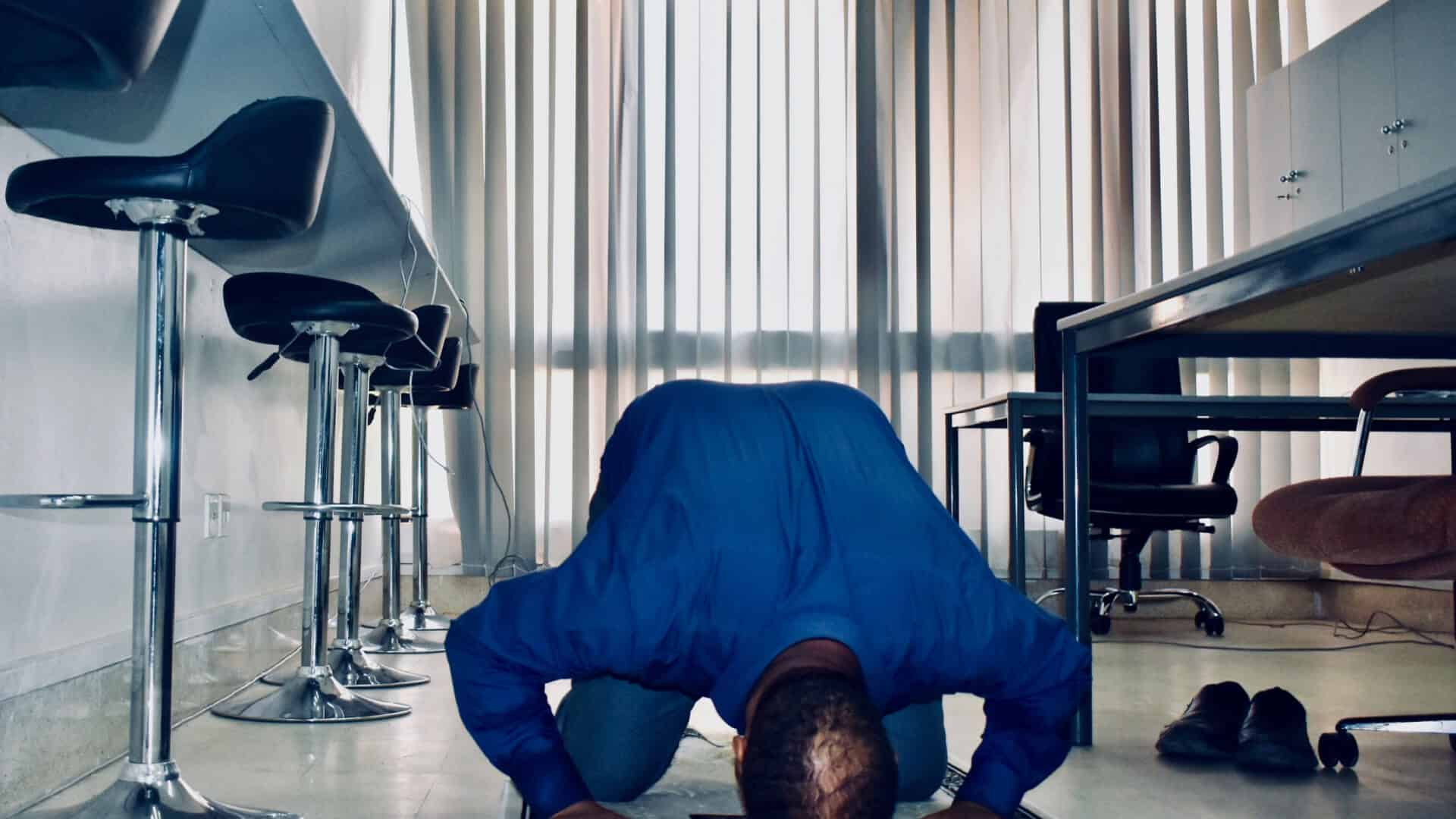Religious Freedom in the Workplace
One’s religion is a protected characteristic under Title VII of the Civil Rights Act of 1964, but it differs from many other protected characteristics. Religion has the element of choice that other protected characteristics don’t. One can’t choose race, ethnicity, sexuality, gender, or sex, but one can choose their religion. Religious acts are things people choose to do and are compelled to do per their religion.
This difference is important because this means there are religious acts that are not protected by Title VII. If you have religious acts that you must undertake for your beliefs, make sure they are protected by Title VII so they cannot be used against you. If you’re unsure of what these religious actions would be, contact the attorneys at Barrett & Farahany for help.
Religious Actions That the Civil Rights Act Doesn’t Protect
These actions won’t all automatically get you fired. You can talk to your employer about how some of these religious acts are necessary even in the workplace and would be better for your work productivity. Some of these may be against company policy, but company policy can be changed if you try to address it first. It’s best to not attempt one of these religious acts in the workplace without talking to a supervisor and Human Resources first.
1. Disruptive Practices
This may sound general, so let’s explain with an example of a disruptive practice. One would be loud religious prayer or chanting that would distract other employees and customers or disrupt another person’s ability to work. If a religious action is disruptive, your employer can legally punish or fire you.
The first telltale sign that a practice is disruptive is whether or not it’s causing an undue hardship to your employer. An undue hardship is defined by the Americans With Disabilities National Network as an “action requiring significant difficulty or expense.”
2. Proselytizing
Some religious institutions encourage or maintain a policy of proselytism, which is attempting to convert someone’s religious or political beliefs. While it’s not illegal to proselytize in the workplace like it is in other countries, there are no protections for it. Your employer is allowed to demote, reprimand, or fire you for attempting to proselytize co-workers and/or customers.
Employers can punish or fire employees for proselytizing. Religious freedom is not allowed when it is at the expense of other employees. Proselytizing has a high chance of negatively affecting the work performance of other employees, thus causing an undue hardship for employers.
Proselytizing can also be interpreted as religious harassment. It is essentially when you are trying to argue that someone should follow your faith instead of their own. Harassment is illegal in the workplace and can cause your employer more problems beyond affecting other employees’ work performance.
3. Violations of Neutral Company Policies
Companies can have neutral company policies, such as dress codes and grooming policies, that apply to all employees. You can insist that your dress or hairstyle is a part of your religious beliefs. If you can prove that it’s required and your employer cannot prove that accommodating would cause an undue hardship, they cannot demote, reprimand, or fire.
The opposite is true as well. If you can’t prove that your dress or hairstyle is required and/or they prove that your religious dress or hair would cause undue hardship, they can demote, reprimand, and/or fire you.
For instance, a place that serves food may ask you to wear hair caps to follow cleanliness rules. If this makes you unable to wear a religious headpiece or hairstyle, it may not be illegal. Your employer may not have a way to grant you an accommodation without putting their business at risk.
Contact the Employment Law Attorneys at Barrett & Farahany For Help
Title VII has done so much to protect the religious freedoms of employees in the workplace, but due to the nature of religion, it can’t protect everything. It’s understandable if you don’t know what religious actions are protected and which are not. If you’re confused about whether you run the risk of being demoted, reprimanded, or fired, we can explain. If you believe you were demoted, reprimanded, or fired for no reason, we can help you understand your situation, too.
Schedule a consultation with us so we can review the details of your situation and determine how you should proceed. The religious discrimination attorneys at Barrett & Farahany know how to help you understand what religious actions in the workplace are protected and which are not.


